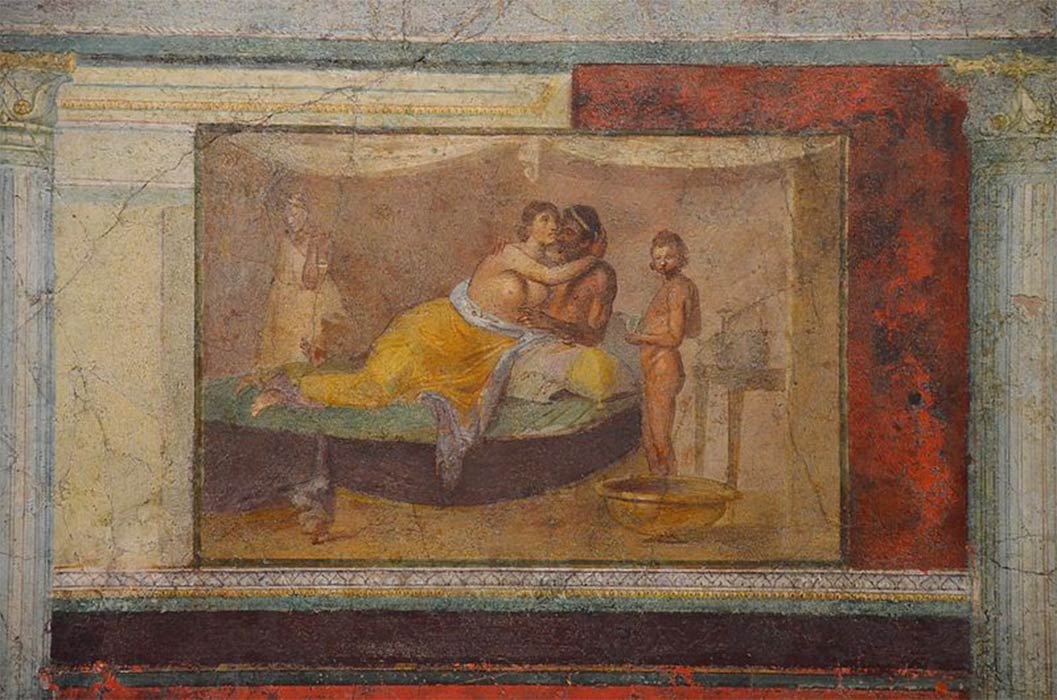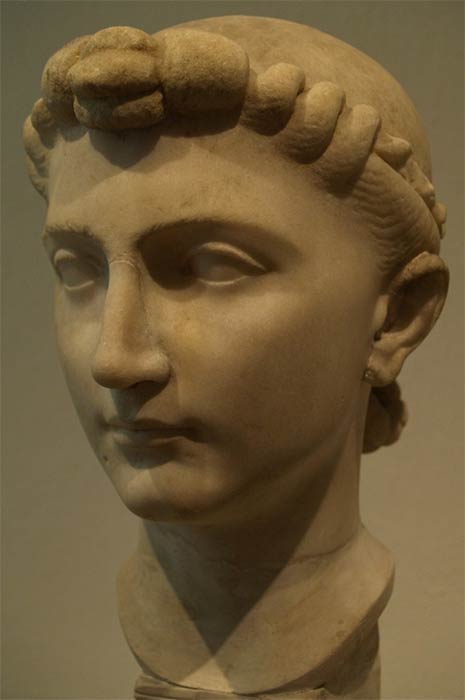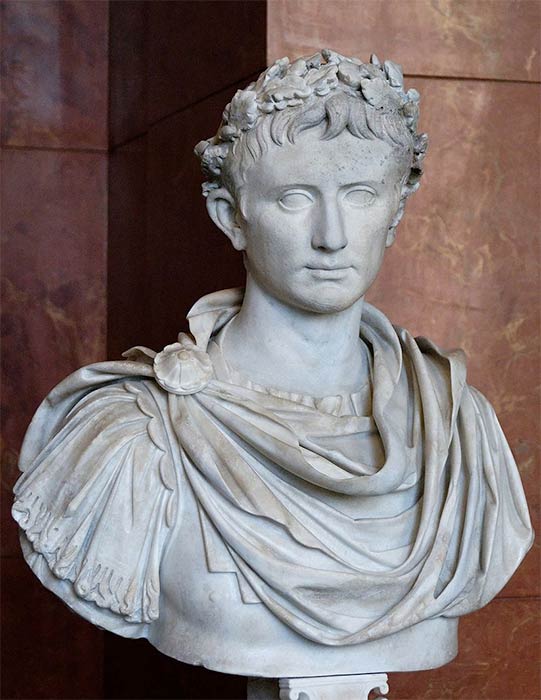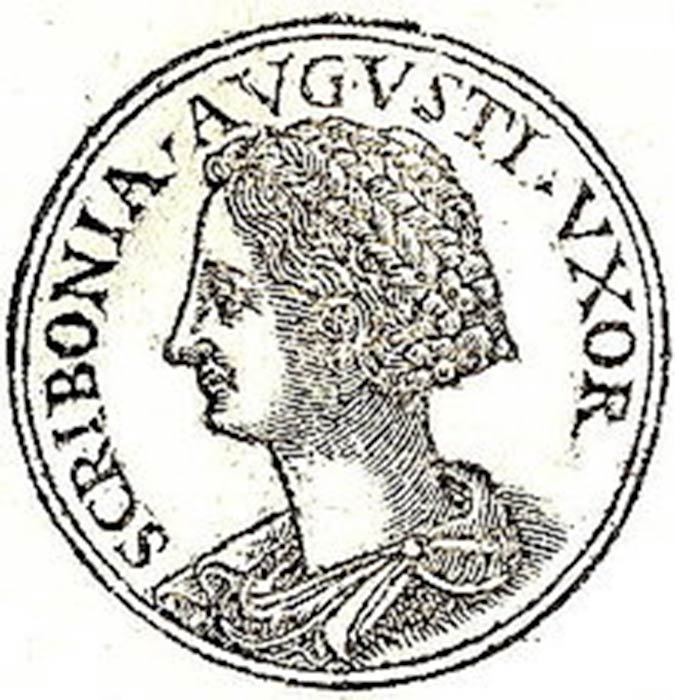
Augustus’ Draconian Marriage Laws And The Banishment Of Julia Augusti
“Let her be banished for life,” Augustus (63 BC-14 AD) is recorded as saying about the harsh exile of his only biological child, Julia, to the barren and windswept penal island of Pandateria (present-day Ventotene). Banishment from Rome, however, was not enough for the wayward princess. The emperor further decreed that aside from the guards who kept watch, no men were allowed on the island. The implication being that for a woman of loose virtue, being deprived of male companionship would make for a more exacting punishment. To that end, wine was forbidden on that stygian enclave and food provisions were at a mere minimum. In other words, Julia was in prison.

Bust of Julia the Elder (Miguel Hermoso Cuesta/ CC BY-SA 4.0)
The Merry Widow Banished
Adored within the palace and outside of it, Julia (later Julia the Elder) was charismatic, sophisticated, and renowned for her joie de vivre. When word of her banishment got out all of Rome was in an uproar. No one had foreseen that even a wet blanket like Augustus was capable of exiling his only biological child. In an attempt to restore their adored princess, whom they lovingly referred to as “the merry widow,” the people came out in droves for her. They packed the streets with noise and rancor holding effigies and calling for her release. An indifferent Augustus decried: “Fire will sooner mix with water than that she shall be allowed to return.” In a playful retort the people threw fiery torches on the Tiber. The emperor was not amused. He charged: “If you ever bring up this matter again, may the gods afflict you with similar daughters or wives.” Not soon forgotten, the protests continued even five years after her exile.
Over these long millennia, Julia’s reputation has been maligned by ancient writers and contemporary historians alike, but was it something more than loose morals that set her father against her? Make no mistake, being labeled a woman of ill-repute was reason enough to land Julia on the prison island during the authoritarian Augustan era. All the same, according to Suetonius, Augustus debated putting his daughter to death. “I had rather be the father of Phoebe than of Julia,” Augustus bewailed after Julia’s freedwoman, Phoebe, committed suicide over her mistress’s scandal. Considering the severity of her father’s reaction, some believe that Julia’s fall was due to her involvement in a political intrigue to overthrow him. But why act against her better interests when her two eldest sons were adopted by Augustus and primed for the throne? One can explore the possible reasons behind Julia’s harsh exile by delving into the politics of the era and the climate of paranoia and suspicion within the Julio-Claudian clan itself.

Bust of Augustus, founder of the Roman Empire. Louvre Museum (CC BY-SA 2.5)
The Julio-Claudian Power Play
One big happy family, Julia has the unfortunate distinction of being the first in a long line of Julio-Claudian women forced into exile - with no trial or due process - by the ruling males of their family. In order to understand the power play between the Julio-Claudians, some background is useful. On the day Julia Augusti was born, her father—merely Octavian back then—saw fit to divorce his second wife, her mother, Scribonia. Some ancients claim that Octavian might have thought twice about deserting his wife, if she had had the good sense to produce a son for him. But if the would-be primogenitor of the Julio-Claudian dynasty had high hopes for a long line of male offspring with his next wife, the gods had other plans. Although their 51-year marriage could be charged with many things, being fruitful was not among them— Augustus and Livia would produce no issue. Perhaps it was their shocking courtship that the gods frowned upon. Indeed, the emperor who would become known for his draconian marriage laws had a tarnished record in that regard. With a pregnant wife at home, a married Octavian took up with the virtuous Livia while she was married to her first husband--Tiberius Claudius Nero--and carrying their second child. Behavior scandalous even by the looser moral standards of the Roman Republic. Three days after giving birth to what would be her second and last child, Livia became Octavian’s third, final and most indelible wife. An ignominious start by the first imperial couple who would define themselves by their strict morality.

Scribonia was the second wife of Roman Emperor Augustus and the mother of his only natural child, Julia Caesaris. (Public Domain)




